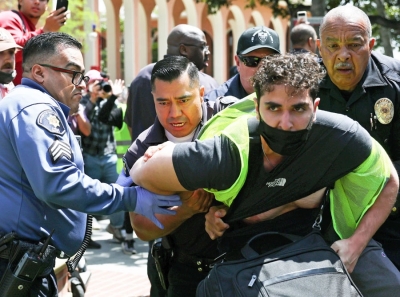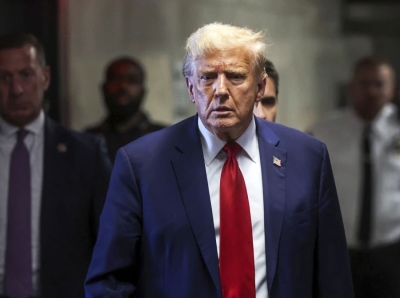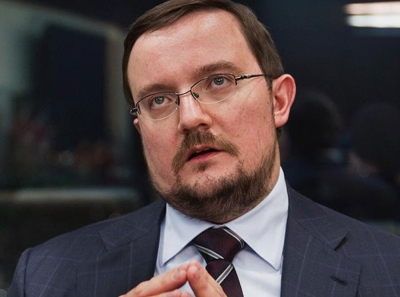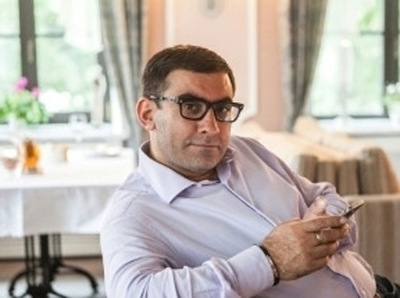A crown for King Charles
Just a few more days and Charles III’s long road to kingship will be completed: he will be crowned in London’s Westminster Abbey on 6 May in the presence of his wife Camilla and numerous state guests and celebrities. Commentators wonder whether all the pomp and expense of the ceremony are still in keeping with the times and welcome.
Young Brits couldn’t care less
Adevărul sees signs of social change:
“Since the death of Queen Elizabeth II, apparently the last great symbol of a globally recognised monarchy, its popularity ratings have been in free fall. This trend is perhaps most marked among young people, which could be a serious sign of social change in the UK: only 12 percent of 18 to 34-year-olds think the monarchy is ‘very important’, compared to 45 percent of those aged 55 and over. ... The coronation ceremony is approaching and everyone is preparing one way or another to join in the celebrations with due pomp, but perhaps only because it turns out that despite the sordid reality we still need fairy tales about princes and princesses.”
Britons’ loyalty to the monarchy being eroded
The Church of England’s request for its members to swear an oath of allegiance to King Charles III is causing annoyance and harming the monarchy, says the Irish Examiner:
“Many Britons feel that, rather than the public being asked to swear allegiance to the crown, the new king should be taking an oath of allegiance to his people instead. ... And, with the coronation ceremonies costing the British taxpayers an estimated £100m (€114m), many there feel the money would be better spent paying nurses, teachers, public servants, and those in many other sectors currently striking for better pay.”
Anointment is outdated
The British have little truck with the religious elements of the coronation, Die Presse notes:
“What is striking is the religious nature of the ceremony, which is to be performed in Westminster Abbey by the Archbishop of Canterbury. The essential moment is not the placing of the crown on Charles’s head, but the anointing, which represents God taking the monarch into service, and thus gives him legitimacy and authority. ... This makes England appear more Christian than it really is. The majority of Britons today have no religion. The Church of England, of which only just over ten percent of the population are members, has little formative power.”
Presidential republics not better off
El Periódico de Catalunya says the monarchy still has its uses:
“The pomp and circumstance surrounding the coronation of the new king should not be interpreted as a political act of adhesion to the monarchy. The death of Elizabeth II marked the ‘end of an era’. ... This consideration applies not only to the British monarchy, which is more solid than the Spanish one, but also to our own parliamentary monarchy, which faces the task of proving that it is an effective instrument and can moderate and arbitrate between institutions. ... There are many arguments in favour of the parliamentary monarchy. ... These include the risks faced by presidential republics like France today, where, without an absolute majority, President Macron is unable to come to terms with the National Assembly.”









